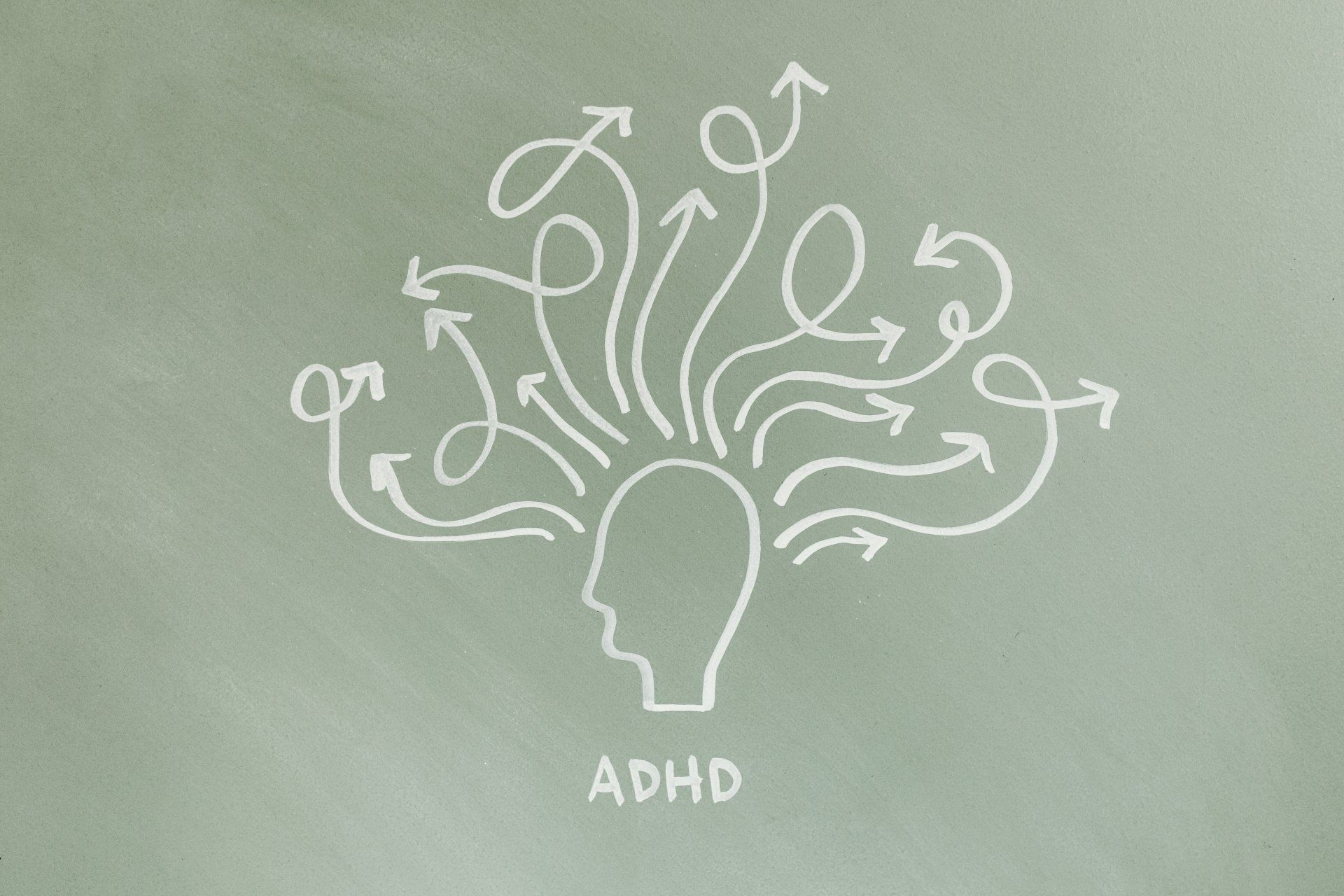ADHD assessments for Adults
Until recently, people believed that ADHD only affected children, meaning many adults missed out on seeking an ADHD diagnosis. As awareness continues to grow, so does the demand for accurate ADHD assessments.
If you believe you have ADHD, a Private ADHD Assessment for Adults can provide a much-needed light at the end of the tunnel.
The Importance of Identifying Adult ADHD
ADHD is a neurodevelopmental disorder that affects both children and adults. However, due to misconceptions and lack of awareness in the past, many adults grew up without a proper ADHD diagnosis, leading to struggles in their professional and personal lives. Seeking a private ADHD assessment as an adult can provide clarity and access to the necessary support and treatment.

Schedule your free consultation today.
If you believe you may have undiagnosed ADHD, AG & Co Health is here to provide the support and guidance you need.
What does an ADHD assessment involve?
Pre-Assessment Questionnaires
Prior to the assessment, you will be sent tailored pre-assessment questionnaires about various aspects of your life. This helps the clinician gather important information related to your possible ADHD symptoms and potential impacts on your daily functioning.
Diagnostic Interview and Evaluation
During the ADHD assessment, our clinician will conduct a diagnostic interview, exploring your developmental history, behaviour patterns, and any associated issues such as anxiety and depression. You will have the opportunity to discuss your current experiences and concerns in detail.
Final Diagnosis and Recommendations
Based on the information gathered and the outcomes of the DIVA and DSM-5 criteria, our clinician will provide you with a final ADHD diagnosis. If you are diagnosed with ADHD, we will discuss the appropriate treatment options and provide recommendations for managing your ADHD effectively.
What Happens if I Receive an ADHD Diagnosis?
If the clinician has determined the appropriateness of an ADHD diagnosis as per DSM 5th edition, following your assessment they will:
- Discuss appropriate interventions
- Recommend further reading
- Offer expert advice on how to manage your symptoms
- Offer advice to your workplace, if required on how they can support you post-diagnosis
- Write a detailed report summarising the assessment, a copy of which will be sent to you and your GP.
- Develop a comprehensive treatment plan, including medication.

Invest in your well-being
Did you know that ADHD affects about 3 to 4 in every 100 adults, and people with ADHD can be of any background?
With our private ADHD assessment options, you can invest in your well-being and create a better future for yourself. Begin your journey by contacting AG & Co Health today and discover how we can help you manage and overcome the challenges of adult ADHD.

Strengths of ADHD
It can be helpful to think of ADHD not just as a deficit or disorder but as a ‘difference’. Some people view some aspects of their ADHD as strengths in certain situations or environments:
- Hyperfocus
- Creativity
- Spontaneity
- Multitasking
And many more!
Our Approach to ADHD Assessments for Adults
We have a wealth of experience in diagnosing and supporting adults with ADHD. Our private ADHD assessment process is thorough, focusing on your needs and providing an accurate diagnosis. We utilise the DIVA (Diagnostic Interview for ADHD in Adults) and the DSM-5 criteria to ensure a comprehensive assessment.
ADHD Assessments for Adults.
We're experts in diagnosing and treating ADHD
An ADHD assessment consists of a diagnostic interview with the patient and a family member or someone who knows the patient well to identify potential ADHD symptoms and impairments. The assessment will look at your experiences from childhood and how your symptoms impact your day to day life now. The assessment is conducted using a diagnostic tool called DIVA (Diagnostic Interview for ADHD in Adults), which is a structured interview based on the Diagnostic and Statistical Manual of Mental Disorders, Fifth Edition (DSM-5).
During the assessment the clinician will determine the extent to which the symptoms from DSM 5 currently apply to the adult and if they have been present in childhood. Symptoms can change over time, so adults may present differently from when they were children. A diagnosis is based on the number and severity of symptoms, the duration of symptoms and the degree to which the symptoms cause ‘functional impairment’ in the different areas of life, such as home, work, and social life.





